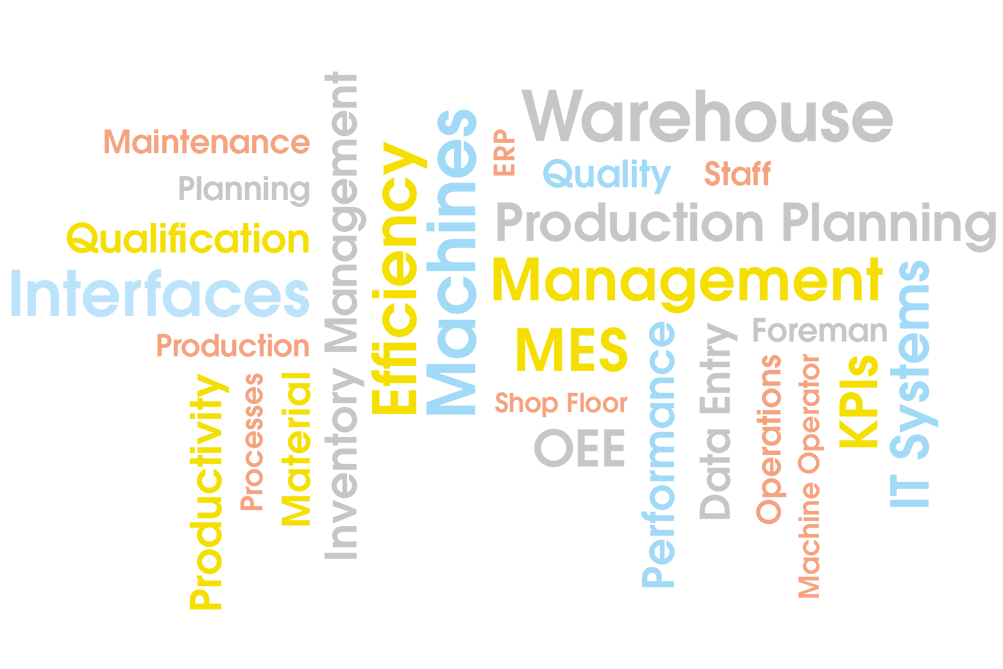The individual services that MPDV offers as part of a feasibility study include:
- State analysis of processes relevant to MES
- Process descriptions on the most important scenarios in the shop floor
- Description of relevant interfaces
- Definition of the desired target state
Preparation of an implementation recommendation for management


